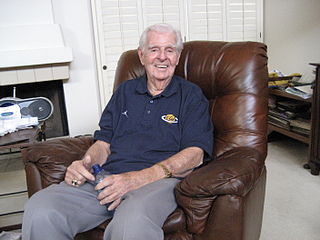A Quote by Wayne Dyer
If you're going to change a habit, you must BE the treatment.
Related Quotes
Sometimes, counter-intuitively, it's easier to make a major change than a minor change. When a habit is changing very gradually, we may lose interest, give way under stress, or dismiss the change as insignificant. There's an excitement and an energy that comes from a big transformation, and that helps to create a habit.
Habit is necessary. It is the habit of having habits, of turning a trail into a rut, that must be incessantly fought against if one is to remain alive ... one can remain alive long past the usual date of disintegration if one is unafraid of change, insatiable in intellectual curiosity, interested in the big things, and happy in small ways.
However, to modify a habit, you must decide to change it. You must consiously accept the hard work of identifying the cues and rewards that drive the habits' routines, and find alternatives. You must know you have control and be self-conscious enough to use it -- and every chapter in this book is devoted to illustrating a different aspect of why that control is real.
A fixed habit is supported by old, well-worn pathways in the brain. When you make conscious choices to change a habit, you create new pathways. At the same time, you strengthen the decision-making function of the cerebral cortex while diminishing the grip of the lower, instinctual brain. So without judging your habit, whether it feels like a good one or a bad one, take time to break the routine, automatic response that habit imposes.




































